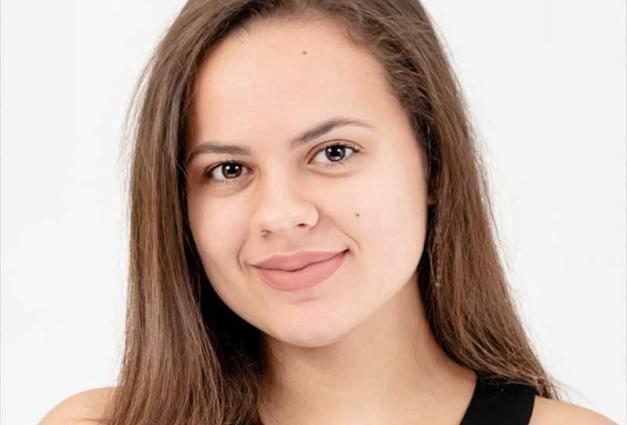Oftentimes we work on projects that extend beyond our area of expertise. Bringing in collaborators can be a great way to build on our ideas and broaden the scope of a project. Collaborations can help you tackle research questions that you may not have the resources or expertise to take on alone.
But how do you identify a good opportunity—and how do you get things started?
Dr. Brian Don has engaged in collaborations as both a graduate student and in his current postdoctoral fellowship at the University of North Carolina at Chapel Hill. We asked him to share some tips and strategies that have helped him initiate successful collaborations and navigate those difficult authorship conversations.
How do you identify a good collaboration opportunity?
The first answer to this question always starts with reading. Always be reading widely and deeply. By identifying the scholars who are doing work you are interested in, and broadening your own interests to determine where you’d like your work to go, you’ll start to recognize names of people with whom you’d think it would be great to collaborate. The second answer is, do your best to chat with and get to know people in person at conferences. My best collaborations have always happened organically. When I have shared interests with people whom I mesh with interpersonally, it tends to go really smoothly. Trying to force a collaboration with someone who isn’t intrinsically interested in stuff I care about generally doesn’t work. Just try to see what feels like a natural fit when you chat with people.
Is it better to seek collaborators who are at a similar career stage?
That can be a great way to foster collaborations across different labs. While it can be tempting to try to contact principal investigators who are doing amazing work, oftentimes those PIs are too busy to start new collaborations out of the blue. You might try to meet graduate students or postdocs who are doing good work that you’re interested in. These folks may have a bit more time to start up a collaboration, and by collaborating with grad students and postdocs, you can gain some experience working outside of your lab.
What are some tips for getting started, and how developed should an idea be before reaching out to someone?
Early in the process, a lot of it involves pragmatics. Everyone has lots of fun and interesting ideas, but a lot of what determines whether a project will get off the ground or not are the details. Do you and your collaborator actually have what you need to get the project done? If you're collecting new data, do you have the money, lab space, RAs, equipment, and time needed to do it? If you're using existing data, do you have the right measures and access to the right variables? Before you propose an idea, think about these questions, and see if you can propose something that is actually possible. If your collaborator knows an idea is possible and straightforward enough to accomplish, generally they will be much more likely to jump on the horse with you.
At which point in the process should you approach an authorship conversation, and what are some tips for navigating this conversation?
I would definitely say discuss authorship early. In most of my projects, it’s been clear from the start who was taking the lead. Occasionally, however, it’s been less obvious, and that can lead to tension later on. The sooner you can discuss this the better. My tip: try to be open, polite, and assertive. Ask your collaborators what their desires are for authorship, but also be willing to state your own needs as well. If you have contributed the majority of the writing on the paper, you should be able to feel open and comfortable in stating this, and in taking the authorship position that fits with your contribution to the paper. In most cases I’ve found that collaborators are willing and open in talking about this. If you find your collaborator is resistant, perhaps seek out the advice of a trusted senior colleague (e.g., your advisor, or if the person in question is your advisor, a professor who you connected with in a class), to see if they have advice on how to manage the situation. Given that this is a common issue, they may have tips on how to best approach your collaborator. In most cases these situations can be resolved with an open and well-intentioned conversation or two.




